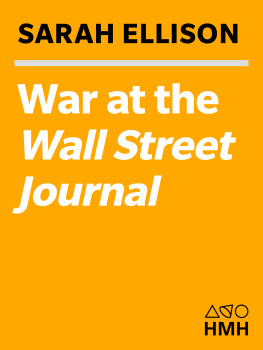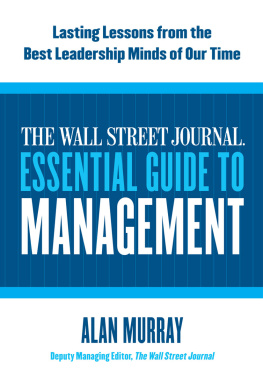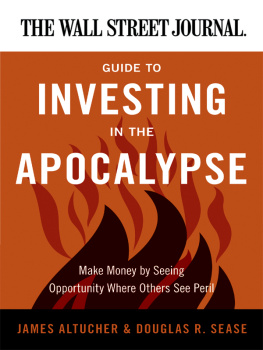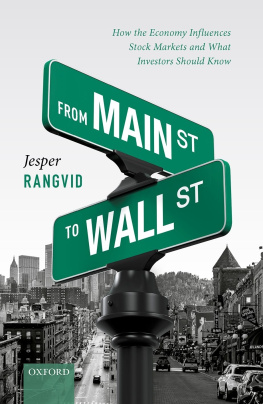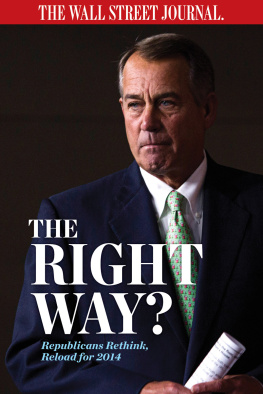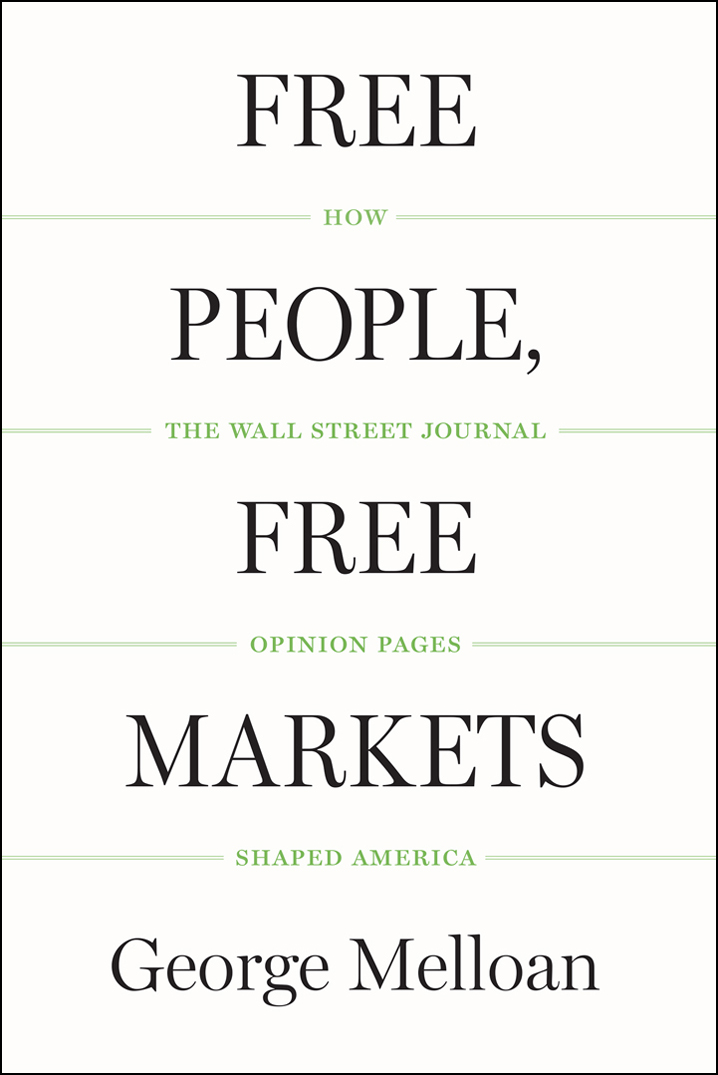


2017 by George Melloan
All rights reserved. No part of this publication may be reproduced, stored in a retrieval system, or transmitted, in any form or by any means, electronic, mechanical, photocopying, recording, or otherwise, without the prior written permission of Encounter Books, 900 Broadway, Suite 601, New York, New York, 10003.
First American edition published in 2017 by Encounter Books, an activity of Encounter for Culture and Education, Inc., a nonprofit, tax exempt corporation.
Encounter Books website address: www.encounterbooks.com
Manufactured in the United States and printed on acid-free paper. The paper used in this publication meets the minimum requirements of ANSI/NISO Z39.481992 (R 1997) (Permanence of Paper).
FIRST AMERICAN EDITION
LIBRARY OF CONGRESS CATALOGING-IN-PUBLICATION DATA
Names: Melloan, George, 1927 author.
Title: Free people, free markets: how the Wall Street Journal opinion pages shaped America / by George Melloan.
Description: New York: Encounter Books, 2017. | Includes bibliographical references and index.
Identifiers: LCCN 2016048072 (print) | LCCN 2017010311 (ebook)| ISBN 9781594039324 (ebook)
Subjects: LCSH: Wall Street Journal. | Op-ed pagesUnited StatesHistory. Press and politicsUnited StatesHistory. | Dow Jones & Co.History.
Classification: LCC PN4899.N42 W335 2017 (print) | LCC PN4899.N42 (ebook) DDC 071/.471dc23
LC record available at https://lccn.loc.gov/2016048072
Table of Contents
Guide
TABLE OF CONTENTS
A midst the wreckage Google and its peers have made of traditional newspapering, one notable survivor stands out: The Wall Street Journal. The Journal has taken its lumps as mass-market advertising has shifted heavily toward electronic media that can deliver text, sound and video to many millions of viewers at a fraction of the cost of the capital and labor-intensive process of inking miles of newsprint on expensive printing presses and delivering the finished product, a newspaper, to the subscribers door. Printed media have thus been starved of their traditional source of revenue, the advertisers who bought space on printed pages to present their wares.
But the Journal is still robust, thanks in part to the foresight of its management decades ago in making an early entrance of its own into electronic journalism. The online Journal today is comparable in readership to the newsprint edition. At a time when most newspapers are losing readers, Journal circulation continues strong.
The Journal also benefits from something less tangible, the force of its distinctive personality. Personality might seem like a strange word to apply to an inanimate object. But newspapers down through the years have all possessed traits of personality, attracting sufficient loyalty among readers to be welcomed into homes in much the same manner as a helpful friend with ideas and information to impart. Its not unusual to hear someone refer to a newspaper or magazine as his Bible.
Not surprisingly, the part of a newspaper that elevates it to the level of a friend, or perhaps an enemy, is the opinion section. All great newspapers make opinions available to their readers. If they offered only straight news, they would be at a competitive disadvantage to faster ways to deliver information, like radio and TV, not to mention smartphones. As the late Journal editor Robert L. Bartley once wrote, editorial pages deliver the news of ideas, whereas other departments of newspapers deliver the news of events. Without an opinion section, newspapers would be far blander, and in todays highly competitive, high-tech media, would have little to offer the reader in terms of added value.
The Wall Street Journal is Americas most widely circulated newspaper. As of the last quarter of 2016, global sales, six days a week, of its print and digital editions averaged nearly 2.4 million copies. Of that number, the Asian edition accounted for 101,000 and the European edition 111,000. The Journals 2,000 journalists operate from 85 news bureaus in 51 countries throughout the world. Printed Journals flow from 26 plants strategically located in the United States and other countries to ensure timely delivery to subscribers. Reporters are equipped with the latest communications technology to beam their reports and images to editors, who then edit the copy and make up the separate editions electronically. WSJ.com processes the copy, and some unique offerings, for online readers.

Journal editorial pages have become one of the worlds most important centers for discussion and debate of public policy issues, particularly policies that have a bearing on the economic health of important nation-states, America foremost among them. Monetary, fiscal, regulatory, income transfer and national security issues are debated daily. Critiques of the decisions of public officials and legislators uphold the responsibility that was thrust on the fourth estate by Americas founders when they enshrined press freedom in the First Amendment of the Constitution. Increasingly, policy makers themselves, not least the president, ask for space in the Journals letters or opinion columns to explain themselves or promote ideas. Journal readers, a large cohort of whom are themselves policy makers, get a lot of thoughtful argumentation and analysis for their money.
At the center of the Journals forum for debate is the Review & Outlook column, written by members of the Journals editorial board and edited by Paul Gigot, editor of the opinion pages. Paul and his fellow writers carry on a tradition dating back almost to the founding of The Wall Street Journal in 1889. Charles Dow, the cofounder of the Journal, created Review & Outlook primarily to present his views on stock market developments. But late in his career, he broadened his field of interest. Thomas Woodlock, one of the early editors, once wrote that the first of what could be reasonably called an editorial was written by Dow in 1902, just months before he died, a defense of the right of labor unions to bargain freely with employers for contracts setting levels of compensation and terms of employment. He stipulated, however, that if unions entered into contracts, they must abide by them because contracts are sacrosanct.
Thus began the Journals daily commentary on the often dramatic news events of a century unlike any that had gone before in the rapidity of technological advancement, sharp gains in living standards for the masses, and human destruction by war on a scale never before seen or imagined. Amazingly, the liberal (in the 19th-century sense) attitudes of the founding intellectual, Charles Dow, have continued to guide that commentary up to the present day. These views were summed up by a latter-day Journal editor in four words, free people, free markets. Amazingly also, those words are today controversial, assailed by a sizable crowd of intellectuals and politicians who, despite American accomplishments, doubt the efficacy of market capitalism. This book is a history detailing the turmoil that free-market capitalism and its Journal editorial page defenders have survived down through the ages.


